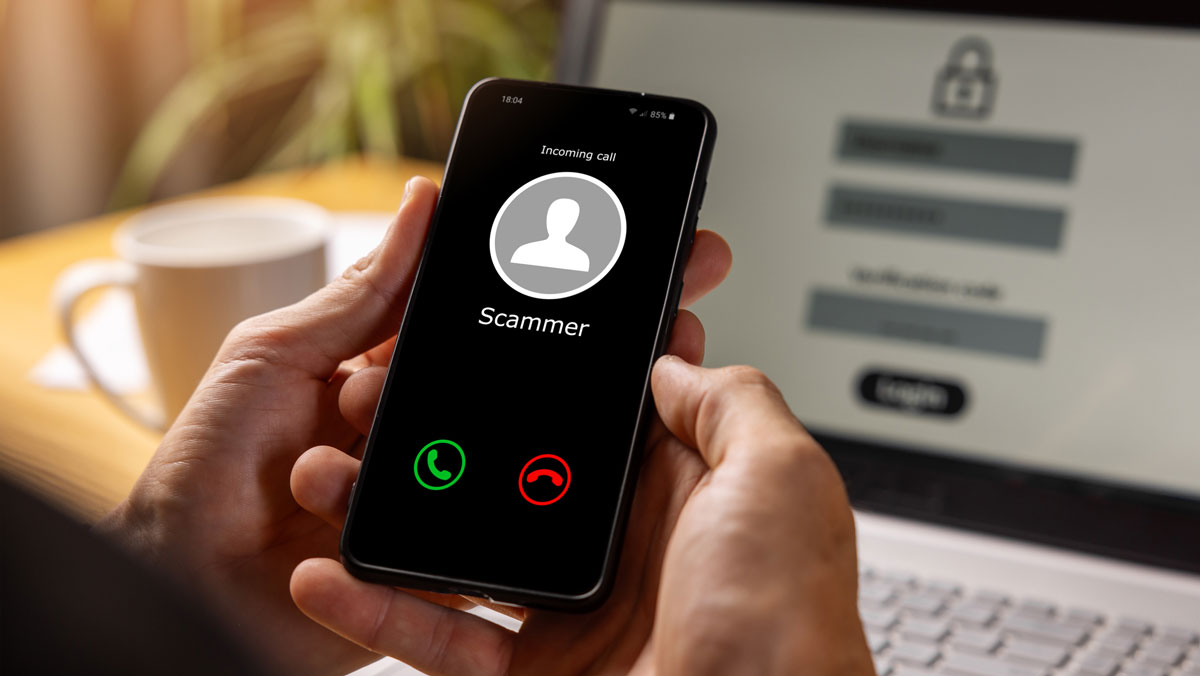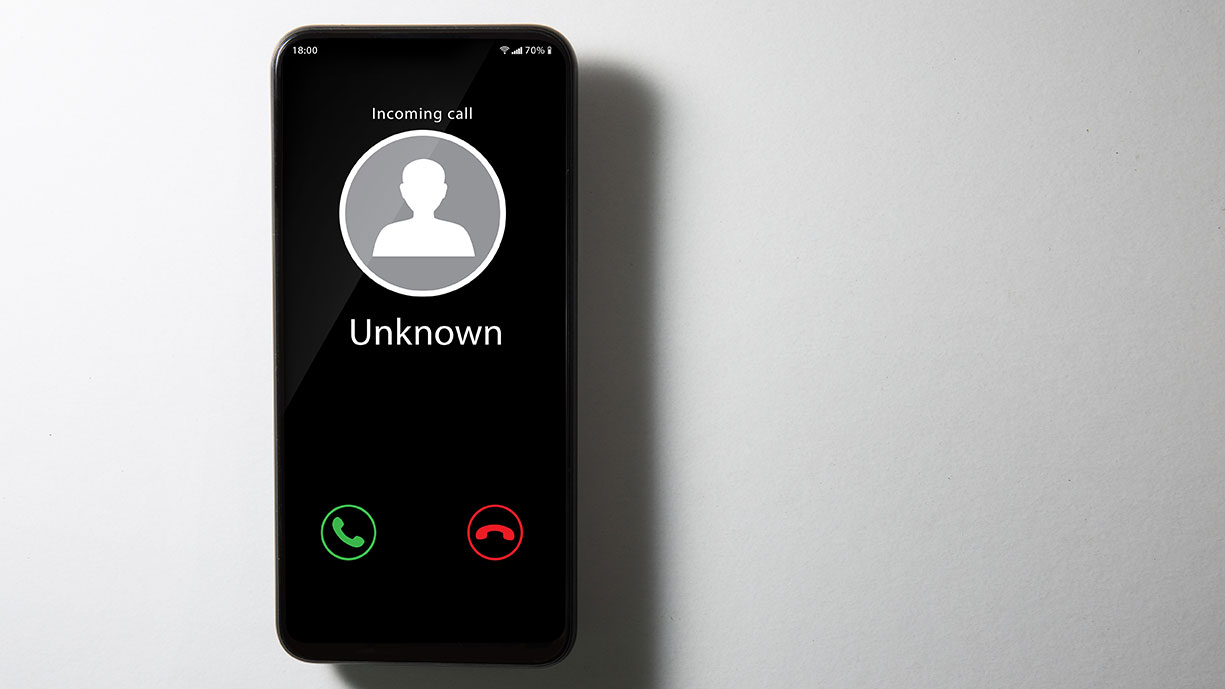
Cybersecurity threats are ongoing and continue to be a concern. It’s important to remain vigilant to the types of threats fraudsters continue to try to trick you into divulging your protected information.
Phishing
Phishing is an attempt to acquire sensitive information by sending emails, texts, or making phone calls that appear to come from a reputable source, such as the credit union, utility company, or other business with whom you may interact. These types of messages often include links and would direct you to websites that look like sites you often visit.
Spear phishing
Another type of phishing attempt is called spear phishing. Spear phishing uses similar tactics but tends to be more targeted and trickier. Communications may use your name or other relevant pieces of information about you to make the attempt look legitimate. Don’t be fooled by similarities. Consider these tips and things to look for in a suspicious communication:
- Analyze. It’s important to scrutinize communications you receive from people and organizations you work closely with and communicate with often. Pieces such as the recipient’s name, address (email or physical), formats, and even lack of information can all be clues that something is off.
- Verify email addresses and phone numbers. Here’s an easy way to see if the address looks off or suspicious: check to see if the name that shows up in the “from” line matches the information in the email domain (for example, name@msgcu.org). Text is another way scammers can try to reel you in. If you receive a text from a number you’re unfamiliar with, don’t click links included in the message and delete or block immediately.
- Never give your personal information. Luckily, most phones alert you when a scammer may be calling you. If you do happen to pick up to an unfamiliar number and speak to someone who is asking for personal information, never give it out. If someone’s claiming to be with a familiar organization, you can always hang up and call the organization directly instead.
- Links can be deceiving. One way to detect if an email may be part of a spear phishing scam is to use your cursor to hover over any links included in the doubtful email. Ask yourself: does it look correct, does something look off? Trust your instinct and suppress the urge to click. You can always contact the organization directly if the content of the email seems like something you need to act upon.
If you believe you’ve been a victim of spear phishing or any type of scam, contact us or stop in to any of our 24 branch offices for in-person assistance.
Learn more about the security measures MSGCU has in place and check out more ways to protect your sensitive information.
Category: Security
« Return to "Blog"





































